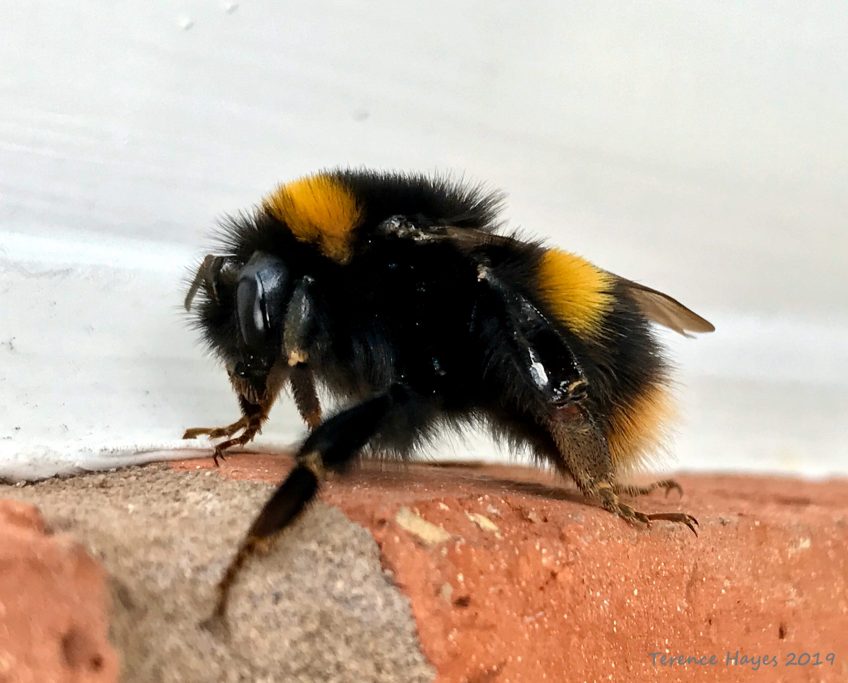The Nature Spectators
It’s tough waiting for all of our planning and other preliminaries to be resolved before we can build anything. We’re not even able to construct rain-water harvesting systems to enable us to grow on the land at this point. One … Read More
